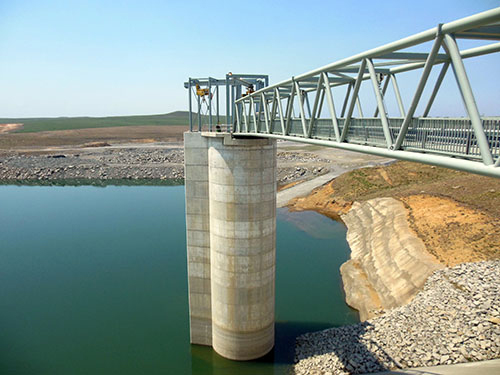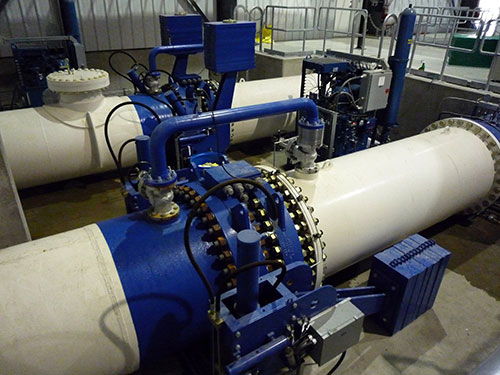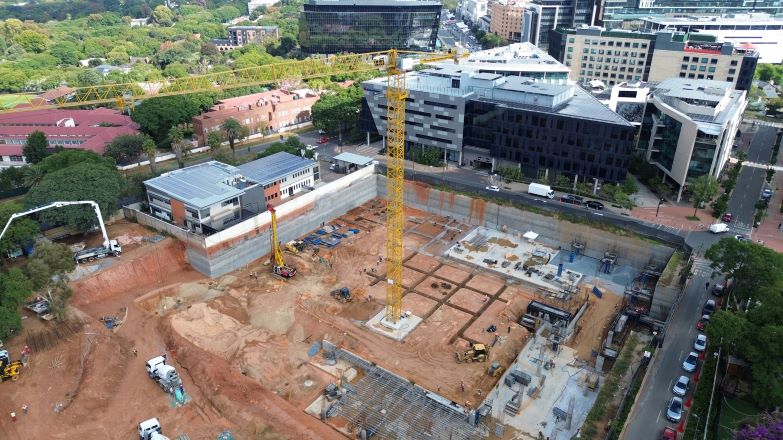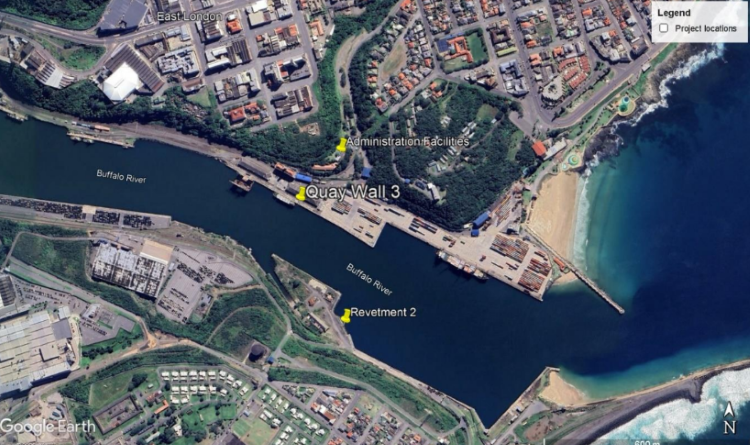
The New York Academy of Sciences estimates that sub-Saharan Africa requires 2.5 million more engineers to address the continent’s gravest development problems.
In the past five to ten years there has been an increased focus on science, technology, engineering and mathematics (STEM) careers in response to gradually declining numbers of matriculants choosing these subjects. However, despite this focus, the number of learners electing core mathematics as a subject in matric has not improved which excludes then from pursuing tertiary studies in STEM fields, reveals Mevashnee Naidoo, Human Resources Director at Knight Piésold South Africa.
This has a direct impact on the consulting engineering industry in South Africa and, by extension, infrastructure development in Africa. “Engineering requires skilled and experienced engineers,” explains Naidoo. “The fewer graduates we have in the field the smaller the potential workforce becomes.”
The problem is exacerbated by the fact that many engineering graduates are lost to other industries and to other countries via emigration. “We urgently need more engineering graduates to enter the workforce and be trained and developed by experienced engineering specialists,” she says.
The of seeds of STEM-based careers
To achieve this, South Africa urgently needs to improve awareness around STEM education. “We need to start by offering STEM subjects, taught by appropriately qualified specialist teachers, as early as primary school level – exposure is key at an early stage,” says Naidoo. “This will require schools to be provided with the necessary STEM-related infrastructure such as science and computer laboratories. At the same time, we need to be focusing on encouraging female learners to take up STEM subjects so that they too can ultimately pursue careers in these fields.”
Engineering for everybody
STEM-related careers, including engineering, have traditionally struggled to attract women. The problem has been exacerbated by the fact that initiatives and campaigns encouraging women to pursue STEM-related careers have not reached their intended target audience.
“While professional social media platforms are extremely useful in a business context, the reality is that such messaging may not reach primary or secondary school learners. Instead, we need to be making use of more appropriate platforms like television, radio and print media to showcase available STEM careers and raise awareness about the matric subjects required to enter these careers.”
At the same time, she says, we need to change the narrative about how difficult it is to pursue a STEM career and instead focus on how rewarding these careers are.
Roadshows and infrastructure – invest in stem
For its part, Knight Piésold conducts roadshows to secondary schools and offers job shadow days where learners are able to visit its offices and experience a day in the life of an engineer. It supports schools within Southern Africa by sponsoring STEM-related infrastructure and offers a number of fully funded bursaries for civil engineering students with guaranteed employment after they have graduated.
However, as much as private sector companies have a role to play in encouraging more learners to consider STEM-related careers, we need government and the education system to partner in this effort, insists Naidoo. “It is only by working together that we can make a meaningful difference to develop future STEM leaders who will build a successful and prosperous Africa.”
Sharlenee Moodley
Marketing Lead | Knight Piésold (Pty) Ltd.
Cell: +27 84 060 9071 | Email: [email protected]








